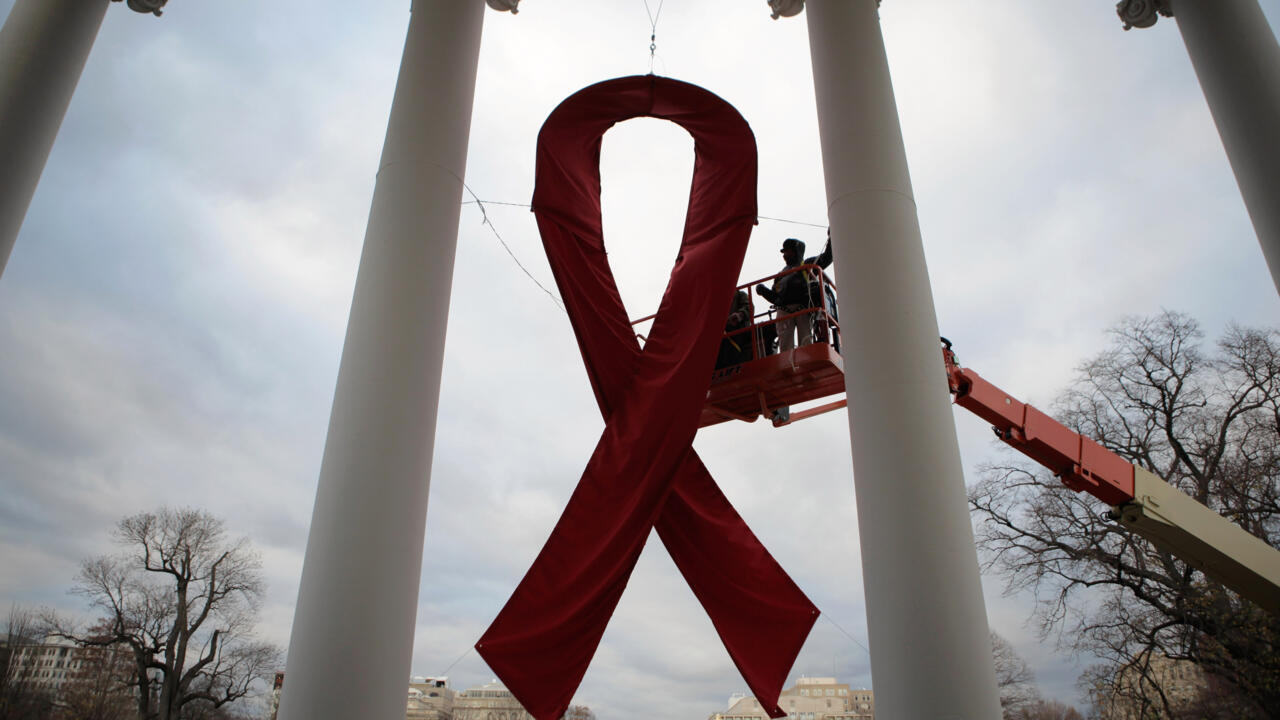A 60-year-old German man with HIV, nicknamed the “next Berlin patient,” appears to be cured after receiving a bone marrow transplant for leukemia. This is a significant development because:
It’s the 7th reported case of HIV cure globally, but the 1st where the donor lacked a specific genetic mutation previously thought essential. This broadens the potential donor pool for future treatments. The man’s remission lasted nearly 6 years after stopping HIV medication, which is highly suggestive of a cure. However, there are limitations:
The bone marrow transplant procedure is high-risk and not suitable for most HIV patients. Researchers aren’t 100% certain all traces of HIV are gone, but the patient feels well and is contributing to research. Overall, this case offers promise for a wider HIV cure in the future, potentially without requiring the specific genetic mutation in donors.



This method is literally killing the patient’s entire immune system by irradiation. They then replace it with a donor immune system that might in turn try to kill them.
This isn’t a good option for the vast majority of patients to wipe out a virus that can be well managed with drugs.
The reason that it was done here is that the treatment is intended to cure them of cancer, and as a side effect eliminates their HIV infection.